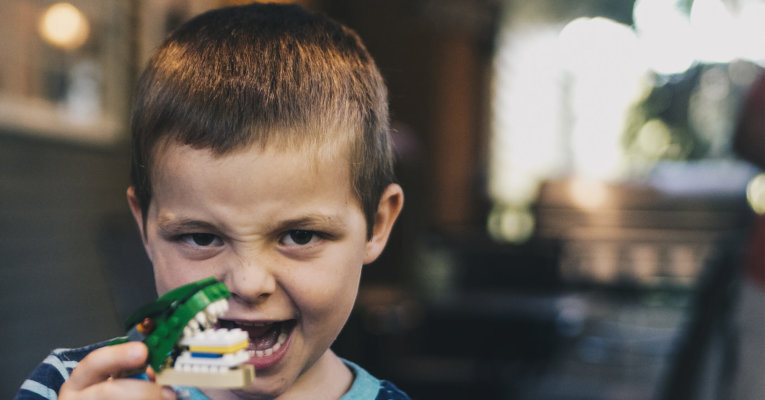Why preschoolers get aggressive:
- It is a natural part of their development
- To get what they want
- They have seen aggression modeled within the home or on media
- Fear of another youngster so they act first
- Frustration with attempts to master new skills
- Feelings of resentment when they are away from familiar people and places
- Being hungry and or tired
What to do about it:
- Respond quickly – It may be tempting to wait until she hits her sibling for the third time before saying, “Enough!” However, it is best to address the aggression the instant you see it. Remove her from the situation for a time out so she will connect her aggressive behavior with missing fun. Control your own temper so you are not tempted to lash out physically. This only confuses the child.
- Talk it out – As children move through the toddler years, their language skills and ability to control their emotions improve dramatically. Therefore, this is the opportune time to begin help young ones master skills such as negotiation, compromise, self-expression, and restraint.
- Role-play – One of the best ways to teach children social skills is to act out aggressive situations. Ask questions such as, “If someone takes the toy you are playing with, what should you do?” Then act out the scenario letting your child play either role.
- Model – Let your child see you consistently using the verbal skills of compromise and negotiation. For instance, if you are not satisfied with a service you received, allow your child to see you express your displeasure calmly but firmly. Use tact and reason to get the results you desire.






